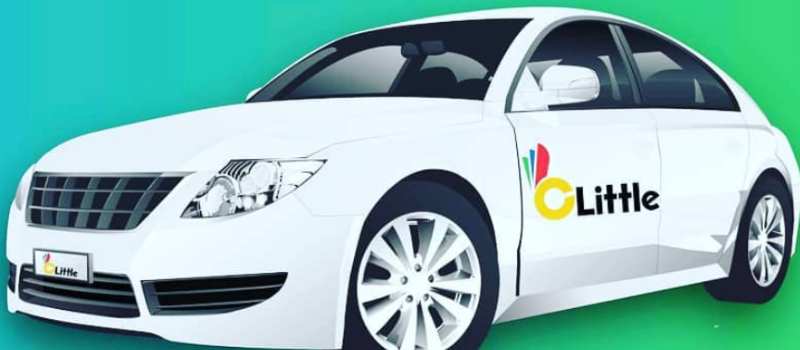Uber, Bolt among other ride-hailing companies face strict regulations in Kenya

Kenya National Transport and Safety Commission (NTSA) has embarked on the move to enforce its 18% commission cap on ride-hailing companies – Bolt, Uber and Little – in the country.
According to Uber, the company cannot agree with the stipulated commission because it is 7% lesser than its current charge of 25%. Due to this, Uber has been acclaimed to be able to charge less from their customers, providing them and their drivers with benefits. It ensures promotional price cuts to attract riders, general operational costs, health insurance on the trip for all users, and support of safety technology for passengers and drivers.
“Service fees/commission regulation, which is equivalent to price regulations, would be undesirable because there are no product features or market failures that would warrant capping of the service fees,” Uber said in its High Court application.
Uber explains that the country would become a no-go area for innovations. It would also limit their ability to operate in the highly regulated ecosystem.
“Some aspects of these regulations, such as the commission reduction and requiring companies to be registered in Kenya, are not conducive to doing business in Kenya and are not good for drivers or riders as they deter foreign investment into the country and limit the role private businesses can play in supporting and growing the Kenyan mobility sector,” said Uber East and West Africa’s head of communications, Lorraine Onduru.

As for Little, the company currently charges a 15% commission which is lesser than the bar set by the regulatory body. Meanwhile, Little’s CEO, Kamal Budhabhatti points out that Uber’s modus operandi places the burden on drivers – of which have been a matter of contest between its riders or drivers and the company.
Uber and Bolt Drivers Strike in Cape Town
“We are okay with that regulation because it is already what we are charging. We support the commission and what the government is trying to do. The higher commission is what they (rival firms) use to keep prices down and eventually putting down the expenses on to drivers,” Budhabhatti said.
Bolt hasn’t made any comment about the ongoing issue as it currently charges 20% commission and would only stand to lose 2% if the bill becomes law.
The fate of these three companies in the country would unfold by September 18, 2022 when NTSA’s regulation would take effect.
Tanzanian Government Eases Regulation As Uber Sets To Resume National Operation